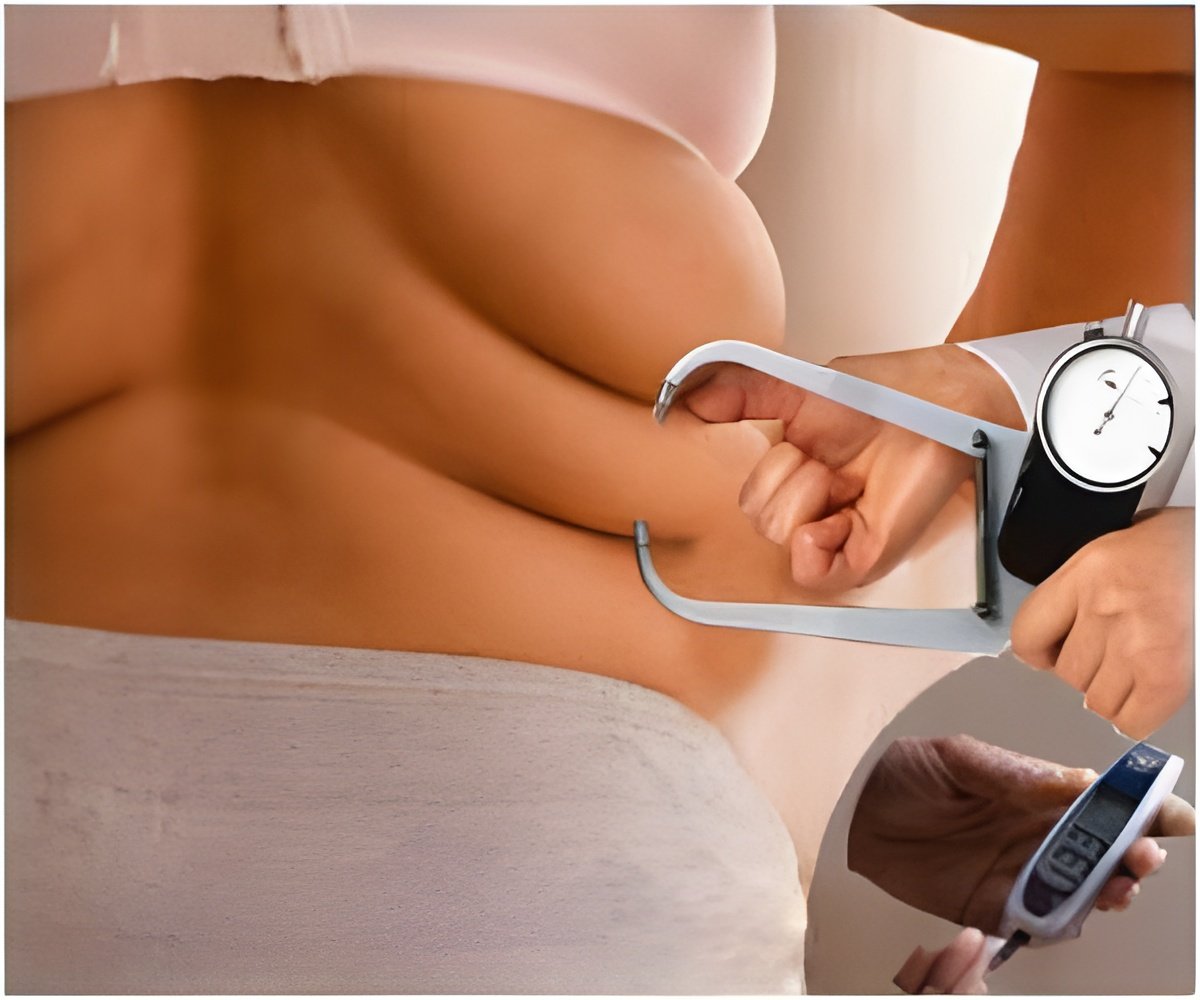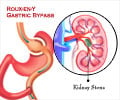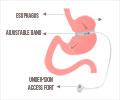Bariatric surgery may be more beneficial to adolescents than adults, i.e., individuals are 30 percent more likely to be cured of both type 2 diabetes and hypertension if they do it before the age of 20.

‘Bariatric surgery may be an effective treatment for teenagers than adults, i.e., individuals are 30 percent more likely to be cured of both type 2 diabetes and hypertension if they do it before the age of 20.’





Scientists evaluated 161 teens and 396 adults who underwent this surgery at clinical centers participating in Teen-LABS (Teen-Longitudinal Assessment of Bariatric Surgery) and its adult counterpart, LABS. Teens in the study were under 19 years old at the time of surgery, and adults in the study reported having obesity by age 18. Teen-LABS clinical centers had specialized experience in the surgical evaluation and management of young people with severe obesity, and both studies were funded primarily by NIH's National Institute of Diabetes and Digestive and Kidney Diseases (NIDDK).
The results were published in The New England Journal of Medicine.
"Obesity increases the risk for type 2 diabetes and cardiovascular diseases, and these conditions can be more difficult to manage in young people," said Mary Evans, Ph.D., a study author and program director in the NIDDK Division of Digestive Diseases and Nutrition. "We found earlier bariatric surgery in carefully selected youth may have greater benefits compared to waiting until later in life."
Key findings of the research include:
Advertisement
"Although there are risks associated with bariatric surgery, this study demonstrates that, for many young people, the benefits likely outweigh the risks," said Thomas Inge, M.D., Ph.D., the study's first author from Children's Hospital Colorado. "Sufficient vitamin and mineral supplementation, along with continued medical care, can help mitigate some of these risks."
Advertisement
"Type 2 diabetes in youth has been a growing problem without a solution, hitting young adults with serious health conditions when they should be in the prime of their lives. This study demonstrates that bariatric surgery may provide an effective treatment, though not one without risks," said NIDDK Director Dr. Griffin P. Rodgers. "We hope future research continues to shed light on the best timing and the most effective treatments for all people with weight-related conditions."
Source-Eurekalert









